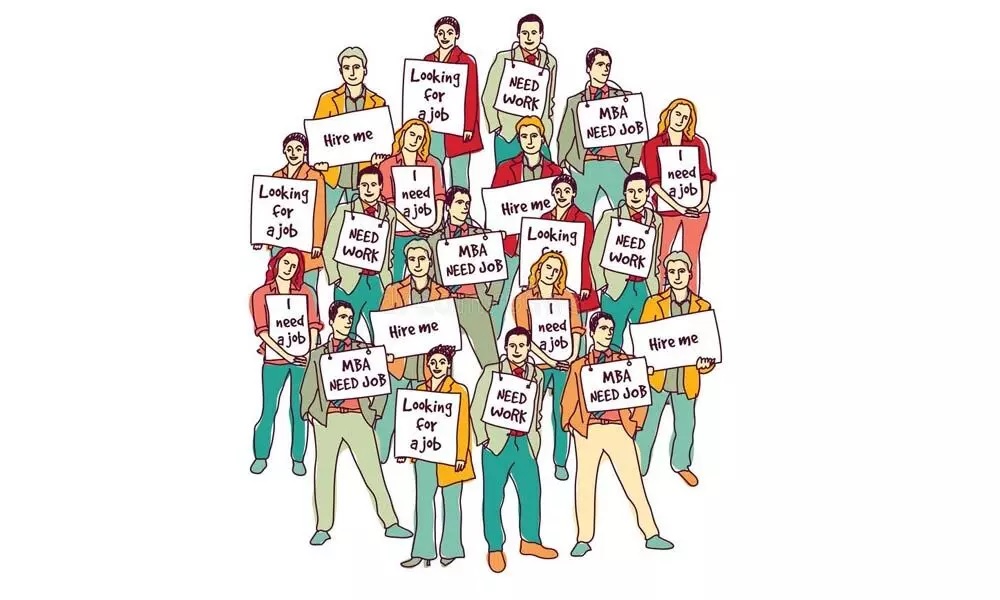Employment Law Challenges in the Gig Economy

The gig economy refers to a new and growing trend in the job market, where workers are hired on a temporary or project basis, rather than being employed full-time. This type of work is popular among millennials and other individuals who prioritize flexibility and autonomy over job security. While the gig economy presents many benefits for both companies and workers, it also creates unique legal challenges in terms of employment law.
Independent Contractors vs. Employees
One of the main challenges of the gig economy is determining whether workers should be classified as independent contractors or employees. This distinction is important because it determines the benefits and protections that workers are entitled to under the law. Independent contractors are not entitled to minimum wage, overtime pay, or other benefits that employees receive, such as health insurance and retirement plans.
However, determining whether a worker is an independent contractor or employee is not always clear-cut. Many companies in the gig economy argue that their workers are independent contractors because they have control over their own schedules and can choose which jobs to accept. However, some workers argue that they are employees because they are required to follow certain rules and guidelines set by the company, and are not truly independent.
The classification of workers as independent contractors or employees is an ongoing legal battle, with many cases currently being litigated in courts across the country. As the gig economy continues to grow, it is likely that this issue will become even more complex and hotly debated.
Fair Labor Standards Act
Another challenge of the gig economy is complying with the Fair Labor Standards Act (FLSA), which sets minimum wage and overtime pay requirements for employees. In recent years, there have been several lawsuits filed against gig economy companies, such as Uber and Lyft, alleging that they are not complying with these requirements and are therefore violating the law.
The FLSA requires that employees be paid at least minimum wage for all hours worked, as well as overtime pay at a rate of 1.5 times their regular pay rate for any hours worked over 40 in a week. However, because gig economy workers are often classified as independent contractors, they are not entitled to these protections.
Some states, such as California, have passed laws that require gig economy companies to classify their workers as employees, rather than independent contractors. However, these laws are still being challenged in court and it is unclear how they will ultimately be resolved.
Worker Protections
In addition to minimum wage and overtime pay requirements, employees are also entitled to other protections under the law, such as workers’ compensation and unemployment insurance. However, because gig economy workers are often classified as independent contractors, they are not entitled to these protections.
Some gig economy companies have taken steps to provide their workers with certain protections, such as insurance coverage and other benefits. However, these protections are often limited and may not be sufficient to fully protect workers in the event of an accident or other unforeseen circumstances.
The gig economy presents many challenges for employment law, particularly in terms of worker classification and protections. As the gig economy continues to grow, it is likely that these issues will become even more complex and contentious. It is important for lawmakers and companies alike to carefully consider the legal implications of the gig economy and work to find solutions that provide fair and just protections for all workers.




